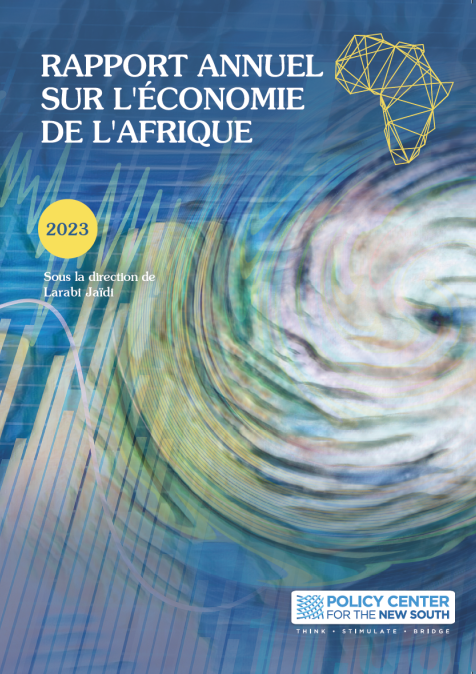Podcasts
COVID-19 and Developing Countries-The Road to Recovery
10
June
2022
The latest IMF projections indicate that global growth will be 4.4% in 2022 after 5.9% in 2021. These projections make us very optimistic for the future, but they certainly cannot heal the economic scars of the past two years. How far can the impact of the covid-19 crisis spread over time and affect growth prospects, particularly in developing countries? What are the policy priorities of developing countries to address the current crisis and do they have a new strategy for economic recovery? What measures do you think the international community could consider to help? In this podcast, our senior fellow Hinh Dinh shares his views on the subject.










